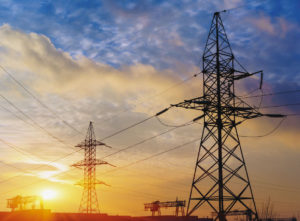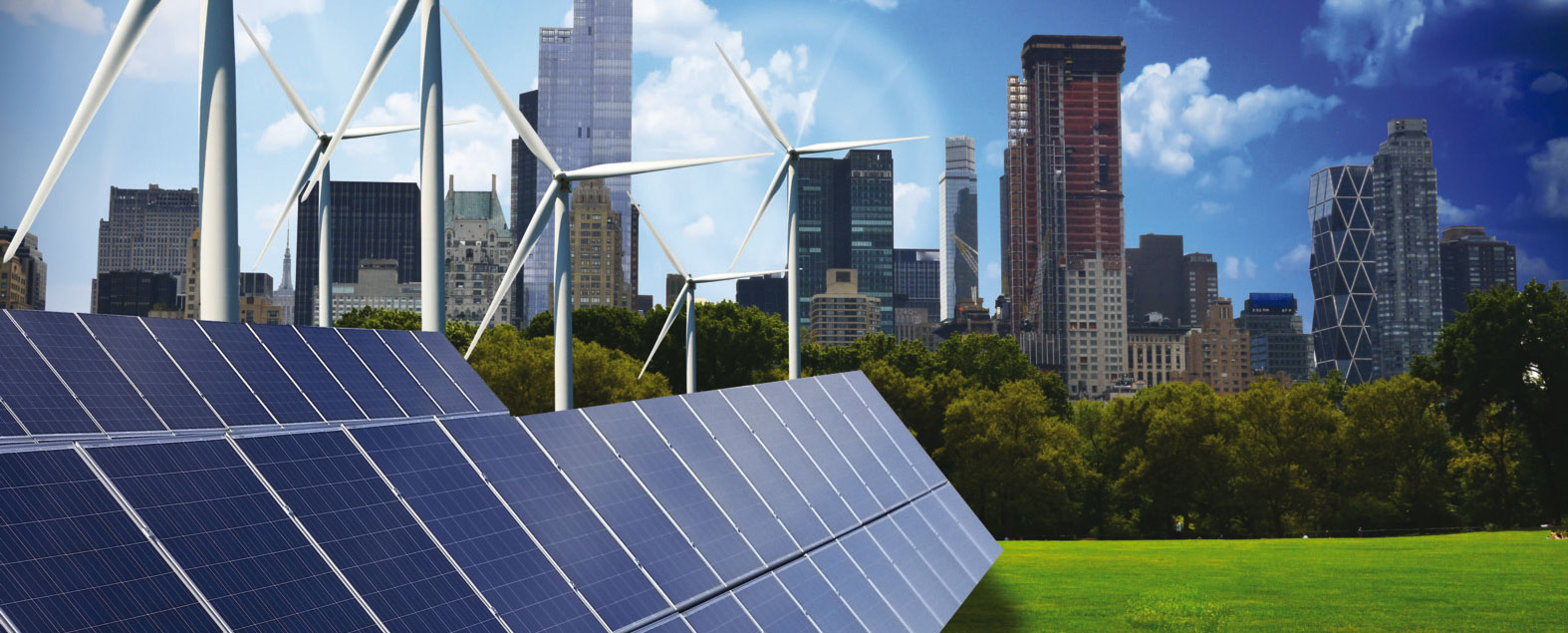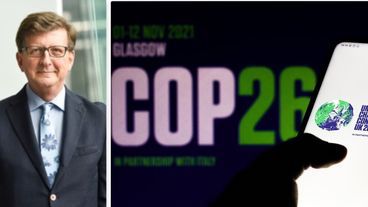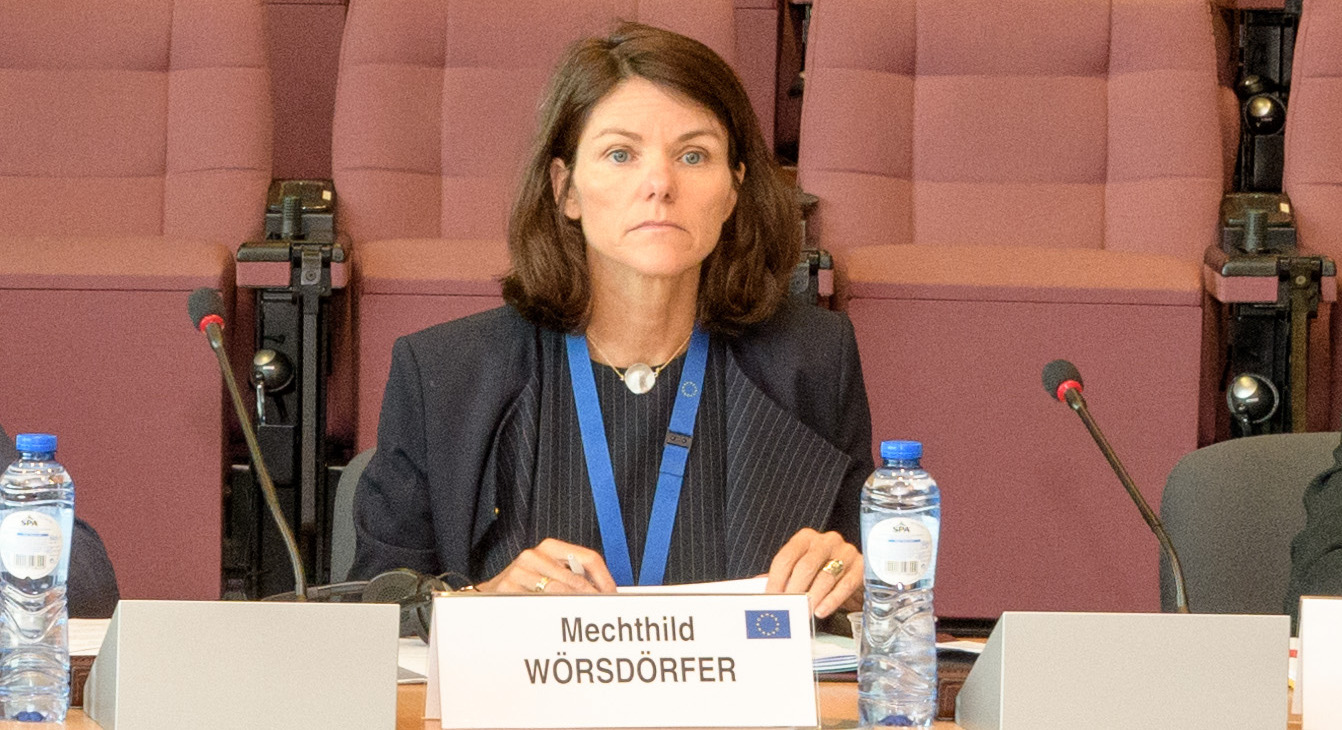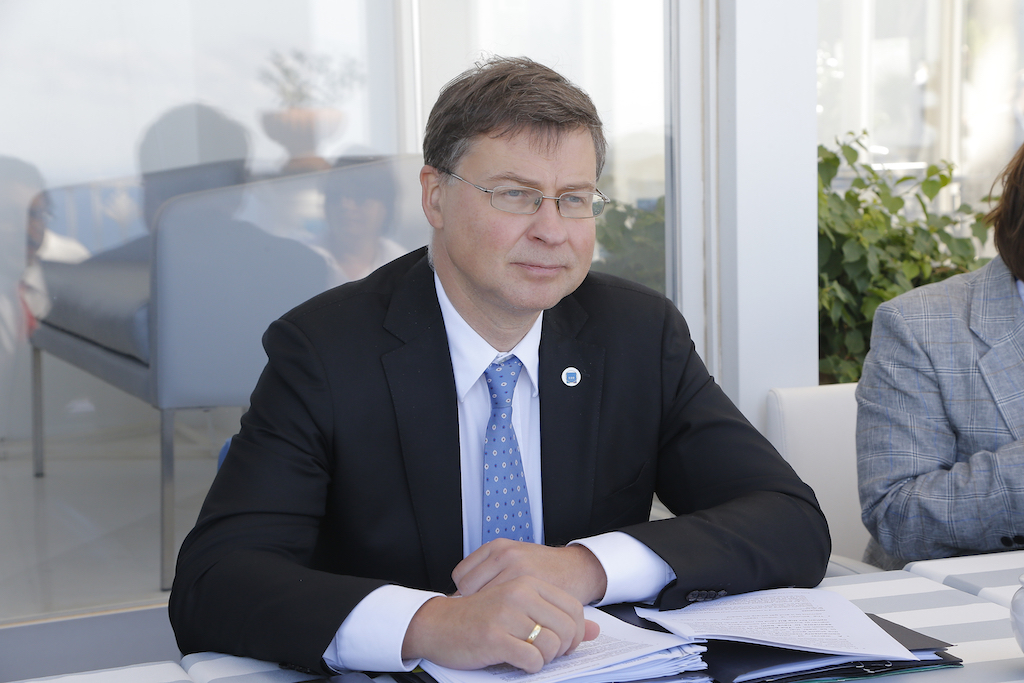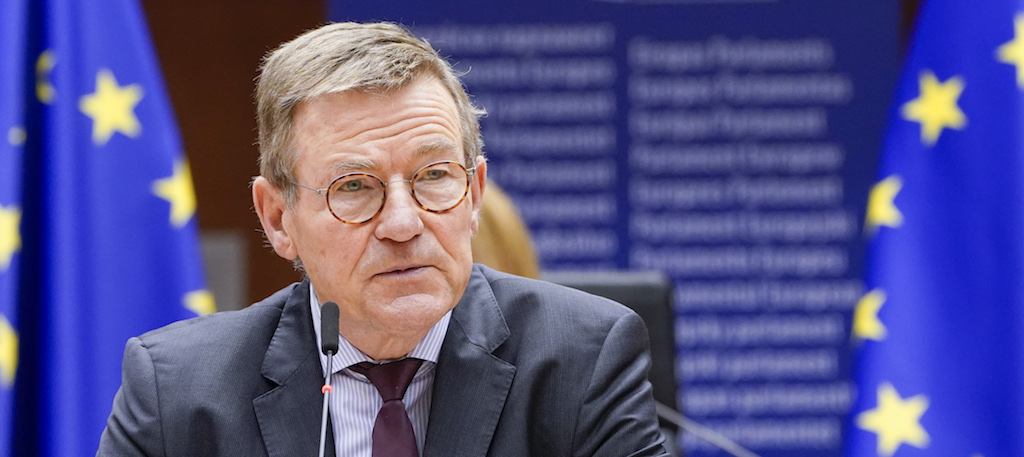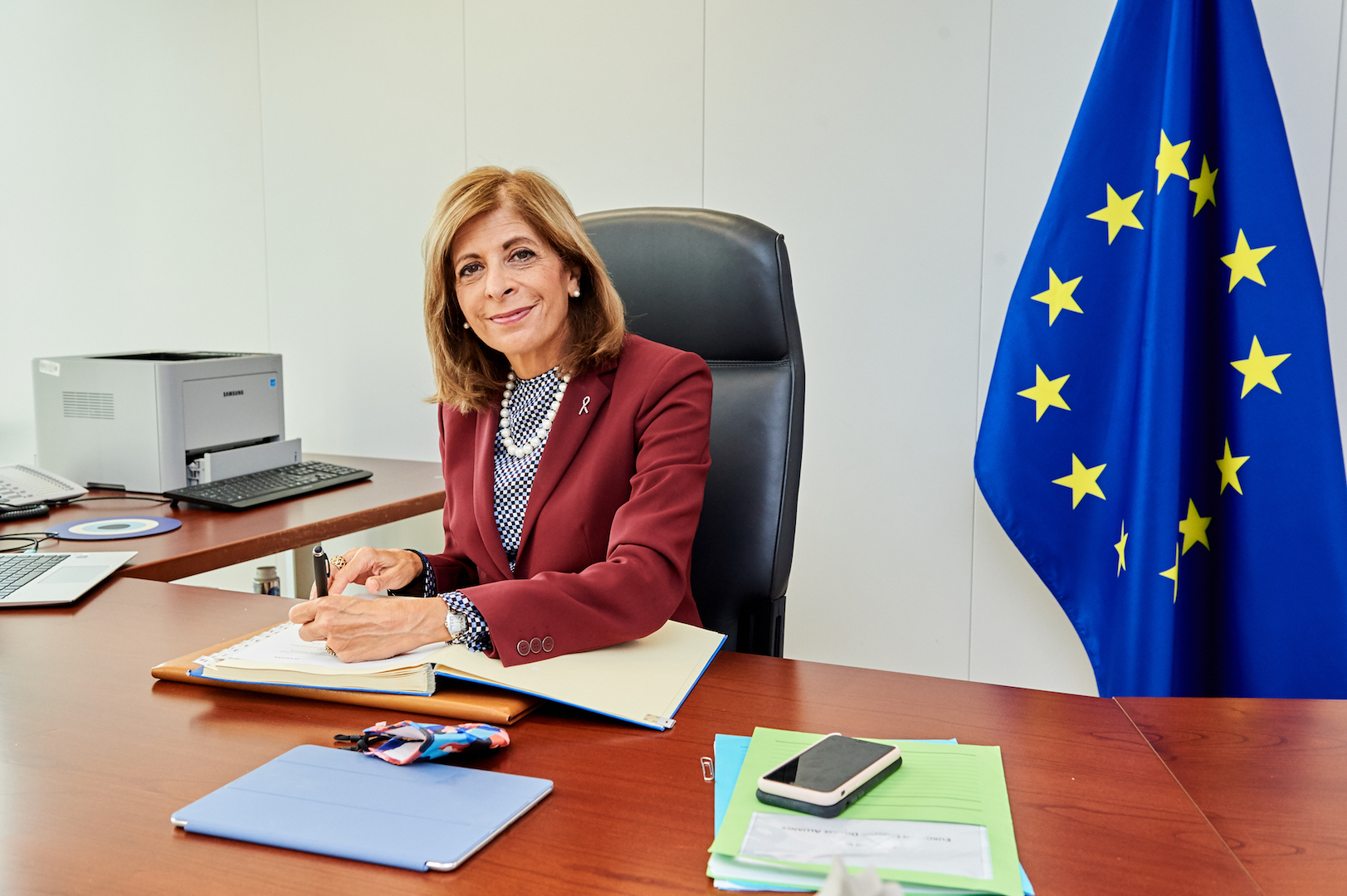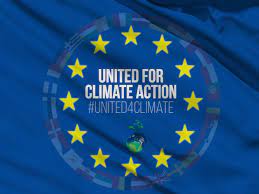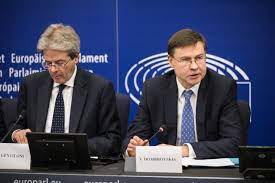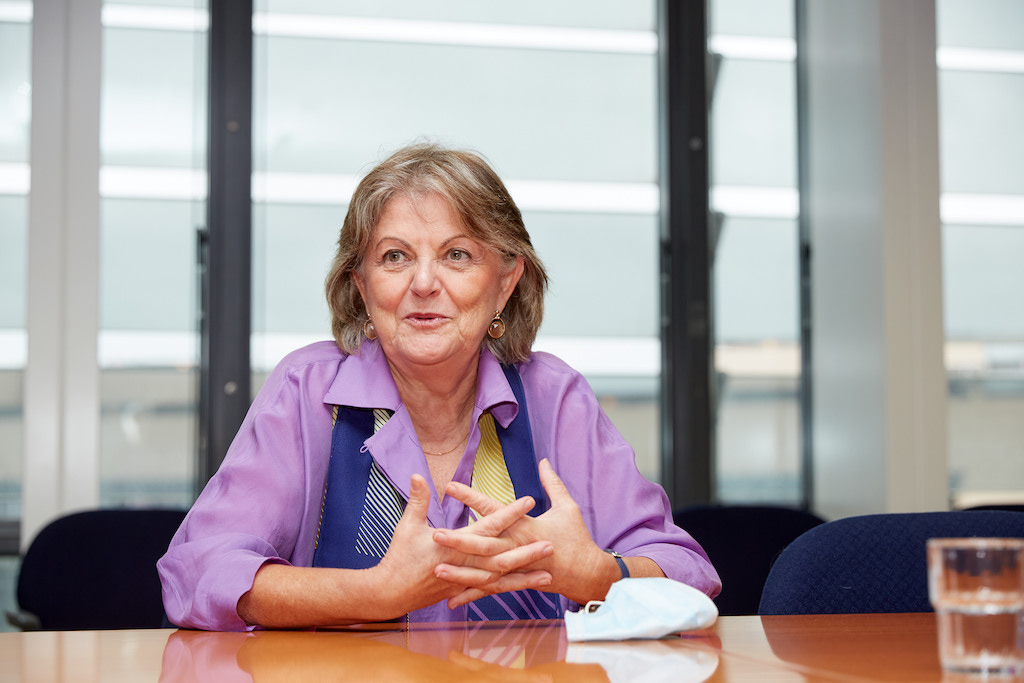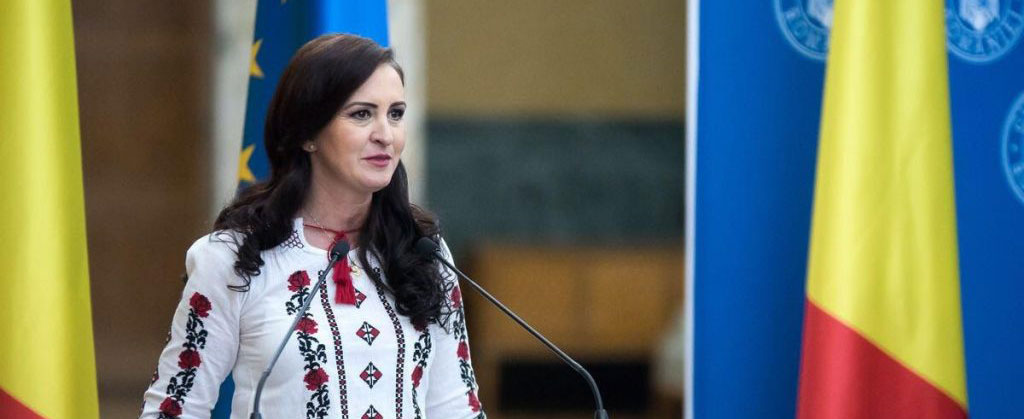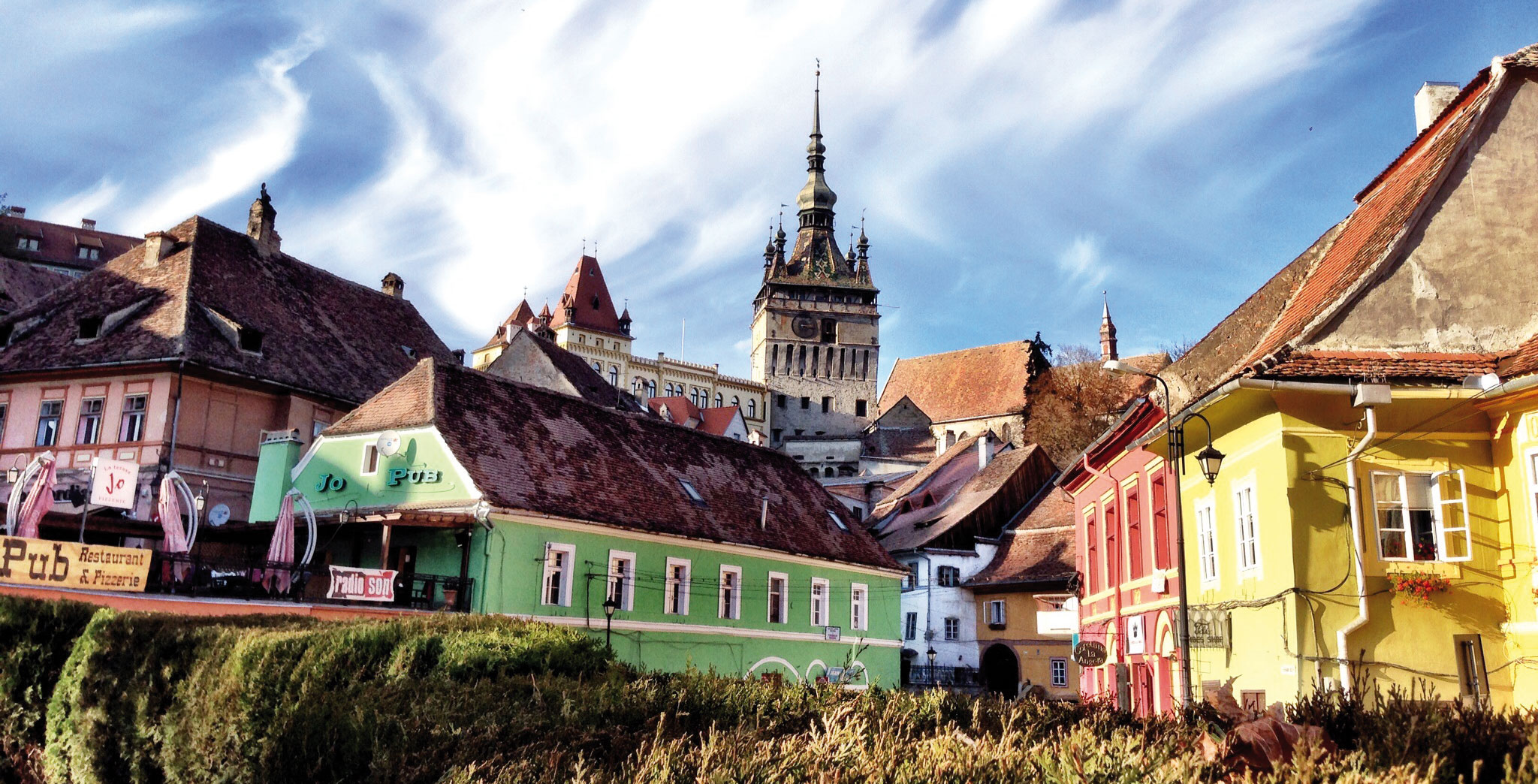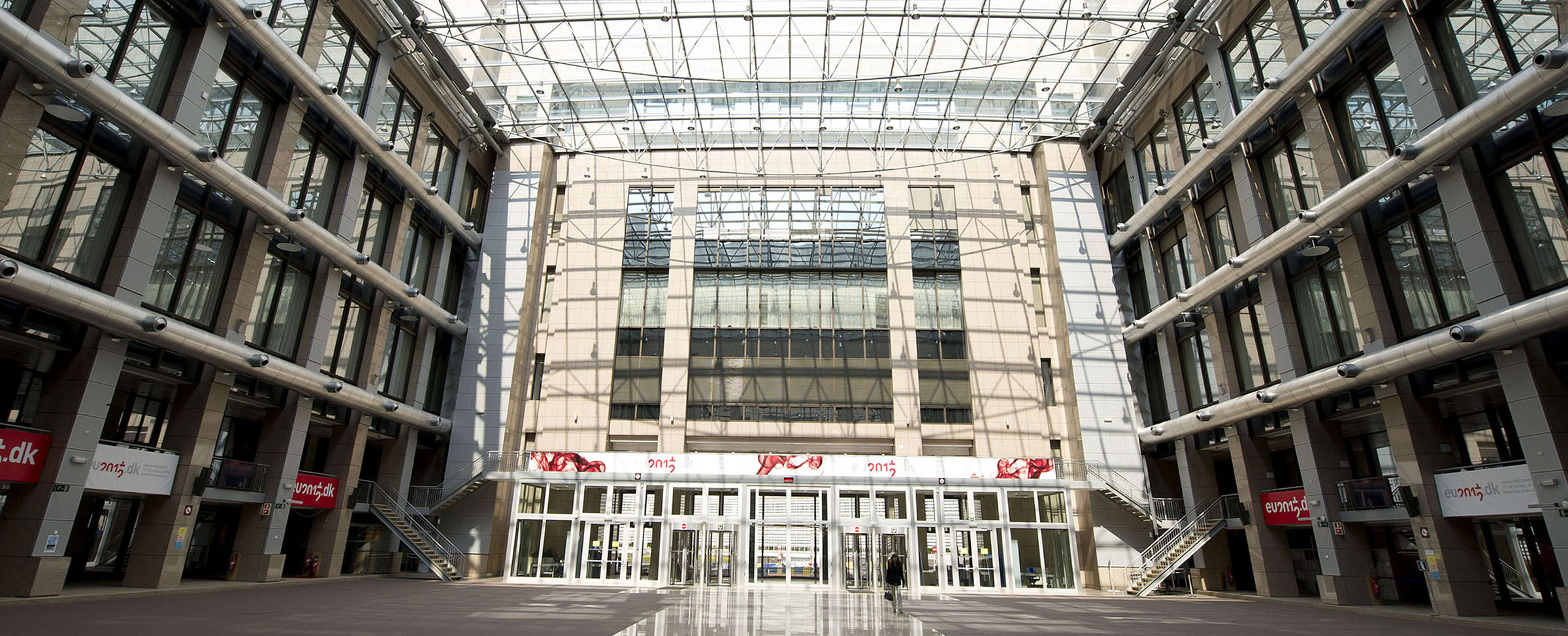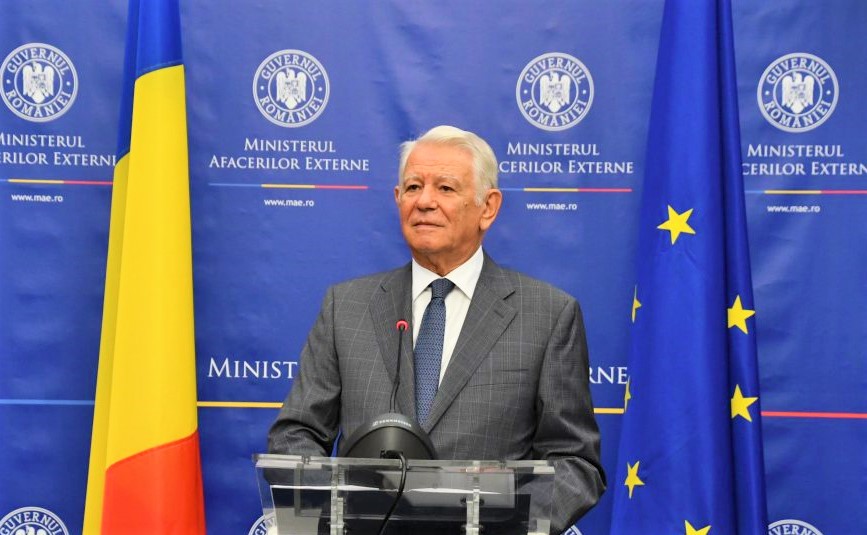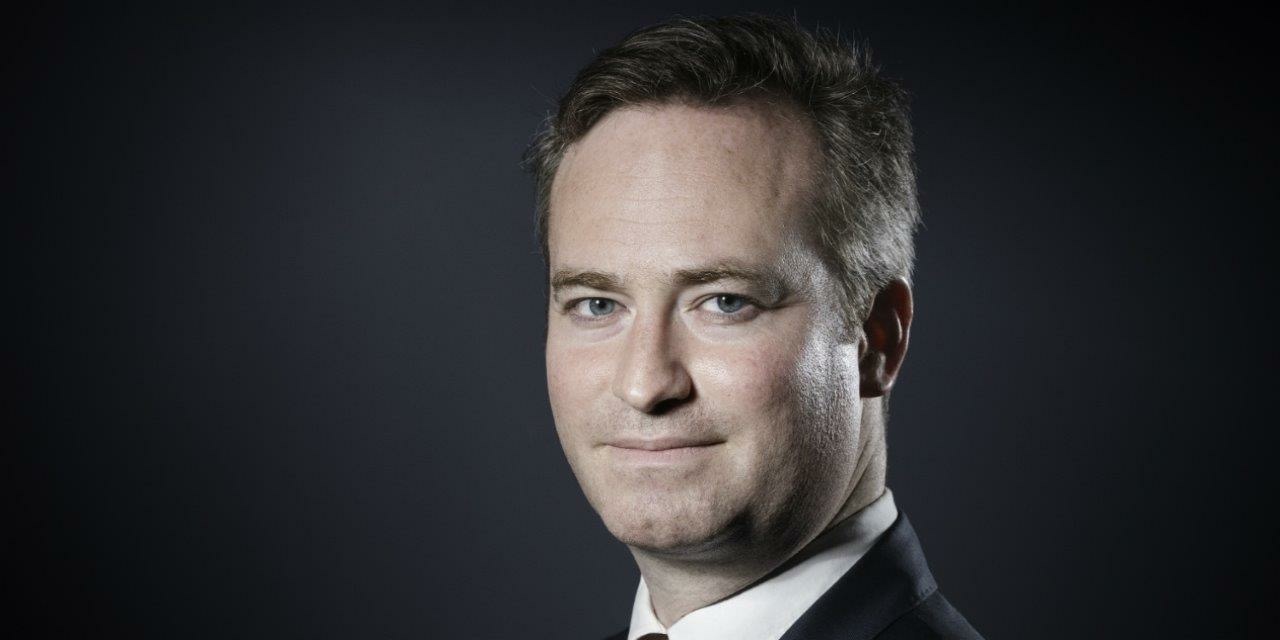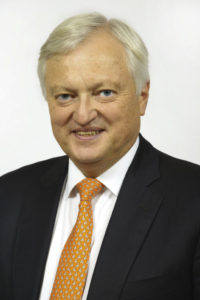
“Networks, keys to the energy transition and territorial solidarity”
The FNCCR brings together communities that delegate public network services to businesses and others that manage these public services themselves. The association accompanies its members concerning technical, administrative and financial issues.
Can you present the national federation of concessioning and governed communities of which you are president since 2008?
Founded in 1934, the FNCCR is an association of public authorities in charge of public services in networks: water and sanitation, energy, electronic communications and waste. It brings together some 800 members, of all sizes, from the largest cities to the small towns, through the regions and departments, not to mention the inter-municipalities that are the core of our members because the logic of networks extends beyond administrative boundaries. Living exclusively on membership fees, the FNCCR is independent of the large companies to which these public services are often delegated: EDF, Engie, Veolia, Saur, Lyonnaise des Eaux, Orange, Numericable … This guarantees the neutrality of our analyses and proposals that are intimately linked to our desire to improve daily the service rendered to users.
For this purpose, we help our members in the management of their activities, through the animation of thematic working groups, the answering of legal or economic questions, the analysis of legislative texts, the piloting of specific studies, the organisation of symposia and, every three years, a national congress. Finally, we regularly submit proposals to the National Assembly and the Senate with the members of the FNCCR. We also wish to broaden our circle of elected representatives by proposing to MPs and Senators to join the FNCCFR directly, without necessarily being designated by a local community; that way our association is perfectly representative of the diversity of the national representation.
The FNCCR represents very diverse sectors. What is the role of communities in energy?
This is our primary skill. The FNCCR was created at the initiative of local authorities in charge of organising the public electricity service. Public service that has gradually expanded to other sources of energy: natural gas, heat and cold. The fruits of the history of the territories, these communities are diverse in size and organisation. They are often overlooked, and the role of these communities is nevertheless structuring and primordial.
Structuring role because they own the distribution networks, that is to say, those that are closest to the needs of citizen-consumers, which guarantees the sustainability of the model of territorial solidarity, beyond the economic and legal upheavals sector. Indeed, this model has proved its robustness in all circumstances: private local companies until 1946, national monopoly since with national groups (EDF and Gaz de France) alongside local public companies (ELD), gradual opening to the competition under European impulse since the 2000s. Not to mention the changes of the large concessionaires that are EDF and Engie, formerly integrated companies, which have now divided distribution activities. The world of energy is a changing world. In France, the local public service is what fundamentally structures it and accompanies these changes by ensuring the stability of the system: some energy unions, like the SIGEIF born in 1904, are more than a century old!
This is a vital role because the communities have public services that can be described as essential: water, energy, electronic communications, waste, etc. These network activities are present in every household and occupy a central and vital place. Every Frenchman who turns on the light or drinks a glass of water resorts to a public service practically invisible by virtue of being effective. That an incident occurs and immediately everyone realises how much our life depends on the proper functioning of these wires and pipes that irrigate the country. In addition to a state in charge of strategic impulses, communities are in a sense in charge of “stewardship”, which is perhaps fewer media but is just as necessary.
How do communities approach the energy transition?
At the risk of surprising you, I believe that the energy transition is a bit like our DNA. In a century, the world of energy has been in transition. First, of fossil and hydraulic origin, electricity is since the 1980s produced mainly by the atom. And our current energy mix is now enriched with new plants, whether wind or solar. Before natural gas, we had manufactured gas, commonly called city gas … We adapt to these changes all the more easily as they are worn by the territories. Before the creation of large dams and then the nuclear fleet, production was largely decentralised and they were often involved. The rise of renewable energies is therefore nothing new from this point of view, and it is not surprising that many public organisations are involved in such projects, see them fund and drive them. same. For communities, the diversification of the energy mix is self-evident. And we know there will be other mutations. Some of our members are already interested in hydrogen or storage for example.
In addition, this energy transition is based on the adaptability and robustness of our networks. Recent years have seen the emergence of smart grids. Our members are very involved in the various projects in progress. In a short time, they will soon exceed the experimental stage to allow large-scale solutions to be developed.
Is the water sector also undergoing major changes?
I must first remember that water supply and sanitation is a sector that differs from the distribution of energy by the freedom of management. Our members are equitably divided between supporters of public service delegation, entrusted to private companies, and the direct exercise of this service, usually under the management. The question now arises every time a contract expires. It is, therefore, a topic that remains topical, and that led us to acquire a specific structure, France Public Water (FEP), which brings together our members wishing to share their experiences and promote a model. 100% public.
Beyond this strategic reflection, our communities are confronted with a territorial reform, resulting from the NOTRE law, which has redrawn the perimeter of the competences, which is translated by a drastic reduction of the number of actors: from 35.000 to 1.500 – 3.000 by 2020. This is a vast reorganisation project that mobilises many actors and energy. And this reform is part of a context in which the municipalities and the EPCIs must take up the GEMAPI competence (management of aquatic environments and prevention of floods), which were hitherto exercised at all territorial levels.
The FNCCR also brings together digital players. Are they involved in the construction of very high speed or are they dedicated mainly to uses?
Both approaches are complementary. The development of uses leads naturally to increase the requirements in terms of flow. Nevertheless, it is true that we must today greatly increase our efforts to bring the very broadband in the deepest territories.
It is a huge building site, comparable in many respects to that of electrification a century ago. We believe that it should be financed with territorial solidarity tools, similar to the FACE (sinking funds for electrification charges). To this end, we recommend that the Territorial Digital Development Fund (FANT) set up in 2009 be provisionally budgeted and sustainable so that it complements the FSN by 660 million euros per year. Without financial resources, the THD deployment schedule will not meet the announced deadlines (2022 to 2025).
In addition, since many communities have established public initiative networks, we feel it is necessary to help them make these investments as efficient as possible. We have proposed the creation of a national RIP pooling operator, which could globally market the FTTH sockets with Internet Service Providers (ISPs).
These various skills have one thing in common; they’re increasingly producing data. How do you grasp the subject?
Our local public services have the ability to produce data on a daily basis and we know that this is of interest to many people. To this day, no one seems to me to have found the philosopher’s stone of the datum and no convincing economic model has yet emerged.
There are several approaches that confront each other and can be complementary. Operators collect a lot of data, which they may or may not open, both to local authorities but also to other users. We can decide to make this data available free of charge or to market it. The goal must always be the modernisation and expansion of the public service.
The National Assembly now has many parliamentarians from civil society. What can the FNCCR do for them?
The FNCCR is an association of elected officials. As such, we are concerned about the public interest and it is the values of public service that we carry in our exchanges, particularly with parliamentarians and ministerial cabinets. I welcome the arrival of new personalities and congratulate them on their election. Very beautiful files await them. Our sectors of activity involve a long process of appropriation because they are often technical subjects but this work deserves to be carried out, insofar as it is a question of ensuring, I was just going to say, the Everyday life: drinking, heating, lighting, communicating …
